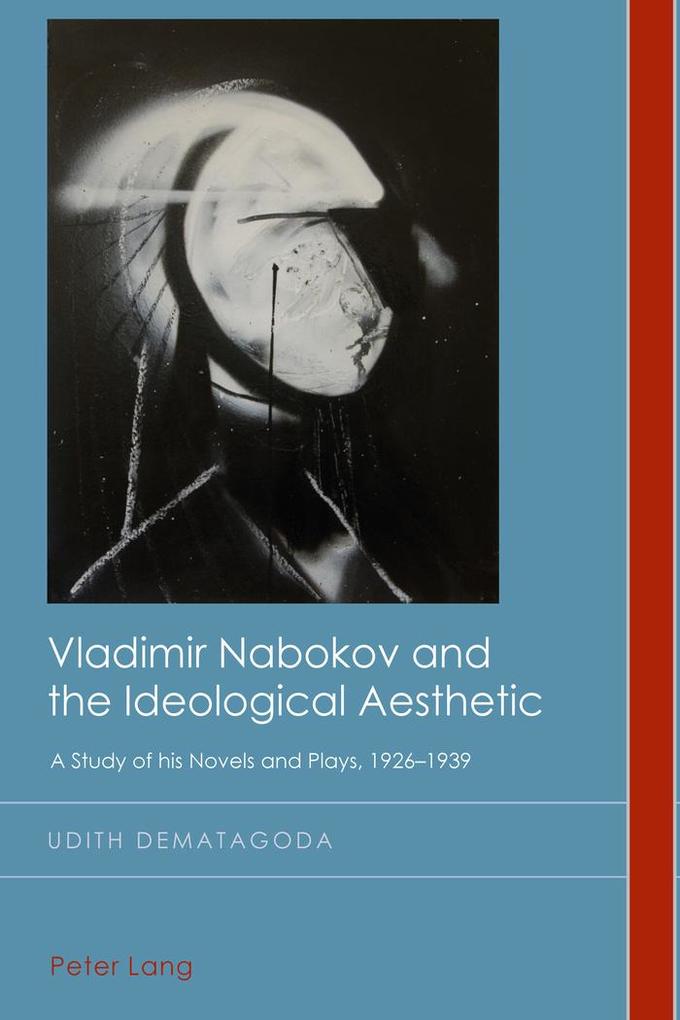
Zustellung: Di, 24.06. - Do, 26.06.
Versand in 2 Tagen
VersandkostenfreiBestellen & in Filiale abholen:
The perception of Nabokov as an apolitical writer is one which the author encouraged in the latter part of his career, despite having lived through the traumatic historical ruptures of the past century. This book argues that ideology and politics actually had an indelible effect on his literary aesthetics and explores his work through this lens.
This book argues that ideology is a prism through which the work of Vladimir Nabokov needs to be considered. It is thus the first attempt to foreground questions of ideology and politics within a field that has historically been resistant to such readings.
The perception of Nabokov as an apolitical writer is one which the author encouraged throughout the latter part of his career in his non-fictional writings and in the small number of well-rehearsed interviews that he gave. When questions of ideology and politics have arisen in scholarship, they have only been featured in passing or have merely re-confirmed the author's self-designation as an «old-fashioned liberal». When we consider that Nabokov lived through some of the most traumatic historical ruptures of the past century then this lack of reference to ideology in the critical literature appears quite revealing.
Through the analysis of works which have previously received little attention as well as new perspectives on better known works, this book demonstrates how ideology and politics were ever-present and had an indelible effect on Nabokov's literary aesthetics.
Inhaltsverzeichnis
CONTENTS: Ideology and the Ideological Aesthetic - The Ruthless Schemers of Tomsk and Atomsk: The Man from the USSR and The Waltz Invention - Bits of My Past Litter the Floor: Ideology, Epistemology, and the «Modernism of Underdevelopment» in The Eye and Despair - «Violin in a Void»: Totalitarianism on Trial in Invitation to a Beheading - My Kingdom: The Formation of the Ideological Aesthetic in The Gift - The Absolute Solution: The Real Life of Sebastian Knight and the Ideology of Aesthetic Autonomy - Ideology as Aesthetic: The Aesthetic as Ideology.
Produktdetails
Erscheinungsdatum
29. September 2017
Sprache
englisch
Auflage
1. Auflage
Seitenanzahl
222
Reihe
Cultural History and Literary Imagination
Autor/Autorin
Udith Dematagoda
Verlag/Hersteller
Produktart
kartoniert
Gewicht
319 g
Größe (L/B/H)
225/150/13 mm
ISBN
9781787072893
Entdecken Sie mehr
Bewertungen
0 Bewertungen
Es wurden noch keine Bewertungen abgegeben. Schreiben Sie die erste Bewertung zu "Vladimir Nabokov and the Ideological Aesthetic" und helfen Sie damit anderen bei der Kaufentscheidung.










